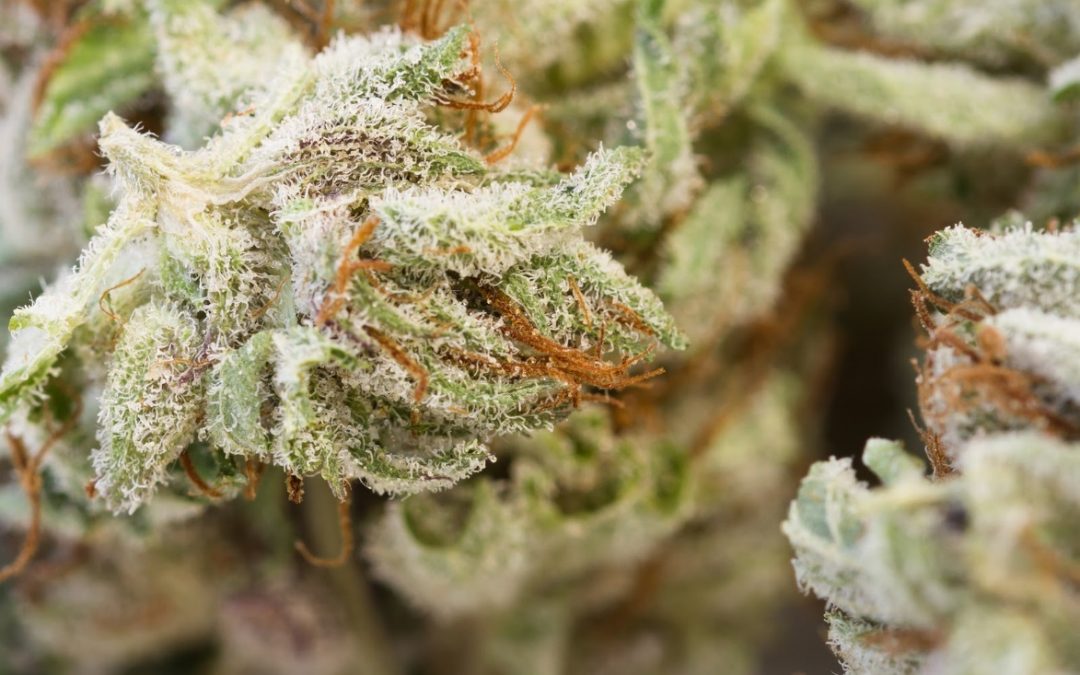Chronic fatigue syndrome, also known as myalgic encephalomyelitis, or ME/CFS, is a condition that may affect thousands, if not millions of people across the United States. Those who have chronic fatigue syndrome experience severe fatigue which can last for months or even years, and which cannot be identified as a result of another underlying condition. ME/CFS does not improve after significant periods of rest, and may worsen after intense physical or mental activity. The exhaustion caused by chronic fatigue syndrome is intense enough to disrupt one’s everyday life — those with ME/CFS may often find themselves unable to complete their daily activities, or may even find themselves bedridden entirely.
Of course, the most common symptom of chronic fatigue syndrome is exhaustion without a clear underlying cause, but those who have ME/CFS may also report other symptoms, including headaches, muscle and joint pain, and difficulty with concentration and sleep. Massachusetts medical marijuana doctor Jordan Tishler discusses if it is possible to treat ME/CFS with cannabis.
What Causes Chronic Fatigue Syndrome?
The cause of chronic fatigue syndrome is unknown, although some believe that certain viral infections, such as the Epstein-Barr virus, may trigger ME/CFS. There is also evidence to suggest that chronic fatigue syndrome may be caused by hormonal imbalances or a compromised immune system, although more research is needed before a definitive link between ME/CFS can be identified.
Right now, there is no test to check for chronic fatigue syndrome, and a diagnosis of ME/CFS is generally only reached after ruling out other causes of extreme fatigue. There are numerous other illnesses that can seem like ME/CFS but are more treatable, like hypothyroidism, Addison’s Disease, kidney failure, heart failure, and COPD. These should be evaluated and ruled out before considering ME/CFS as a possible diagnosis.
If you believe you may have chronic fatigue syndrome, you should contact your doctor to first make sure you don’t have another underlying condition that is causing your exhaustion. After you are diagnosed with chronic fatigue syndrome, you and your doctor will then set up a plan for managing your ME/CFS.
Treatments for Chronic Fatigue Syndrome
There is currently no cure for chronic fatigue syndrome, and treatments for ME/CFS generally involve managing symptoms of pain, trouble sleeping, as well as anxiety or depression, which the patient may develop as a result of their illness. Often, these treatments involve a combination of conventional medicines and lifestyle changes. Symptoms of chronic fatigue syndrome can vary widely from person to person, and because there is no single method of treating ME/CFS, many may find that managing their condition can be difficult and downright frustrating.
Those who suffer from chronic fatigue syndrome may be wondering if they could benefit from using medical cannabis to help treat their condition in conjunction with their current treatment plan. Cannabis has shown to have significant therapeutic effects for those suffering from pain and sleep syndromes, as well as depression and anxiety disorders. In fact, THC is twenty times stronger at treating inflammation than aspirin, and twice as strong as hydrocortisone (Source). So, should those with chronic fatigue syndrome be using cannabis?
If you are considering treating chronic illness with CBD, contact Boston medical marijuana doctor for chronic conditions Jordan Tishler for help today.
Cannabis as a Treatment for Chronic Fatigue Syndrome
A lot of literature, including a 2017 study published in Current Rheumatology Reports, has indicated the powerful effects of cannabis, and especially THC in treating pain and inflammation, but as of right now, there has not been any research conducted solely focusing on the effects of cannabis on chronic fatigue syndrome. This means that there is currently not enough clinical evidence to prove that cannabis may be helpful for those with ME/CFS. However, according to another 2017 report published by Frontiers in Pediatrics, many patients have found cannabis helpful in managing their pain caused by chronic fatigue syndrome. Ultimately, those looking to use marijuana in combination with their treatment for ME/CFS should consider consulting with a medical professional who is knowledgeable about using cannabis to treat pain.
THC vs. CBD for Treating Chronic Fatigue Syndrome
For those looking to complement their current treatments for chronic fatigue syndrome with cannabis, it is recommended to avoid CBD products. Although CBD, or cannabidiol, may seem like an attractive option given its non-psychoactive properties, other cannabinoids like THC are actually far more effective in treating symptoms like pain, inflammation, and depression. Those who choose to use CBD in place of THC are unfortunately missing out many of the benefits of medical marijuana, which come from THC, not CBD.
Other cannabinoids medications are worth exploring to treat ME/CFS as well. THC-A is another medicine from cannabis that is non-intoxicating and a more potent anti-inflammatory than THC or CBD. There is no research to say that this helps in this condition, but there is ample reason to suspect that it might, and careful treatment with THC-A may be worth exploring.
Consult Our Boston Medical Marijuana Doctor for Chronic Fatigue Syndrome Today
Those looking to help treat their chronic fatigue syndrome, or any condition, with THC, CBD, or any other derivative of marijuana should first consider speaking to a trained medical professional who has ample experience helping patients use cannabis therapeutically. Boston medical marijuana doctor Jordan Tishler, M.D. sits on the faculty of Harvard Medical School and has spent years assisting patients with cannabis. He and the team at InhaleMD stand ready to help you determine if medical marijuana may be right for you. To learn more or to set up a consultation, call us at (617) 477-8886 today.

